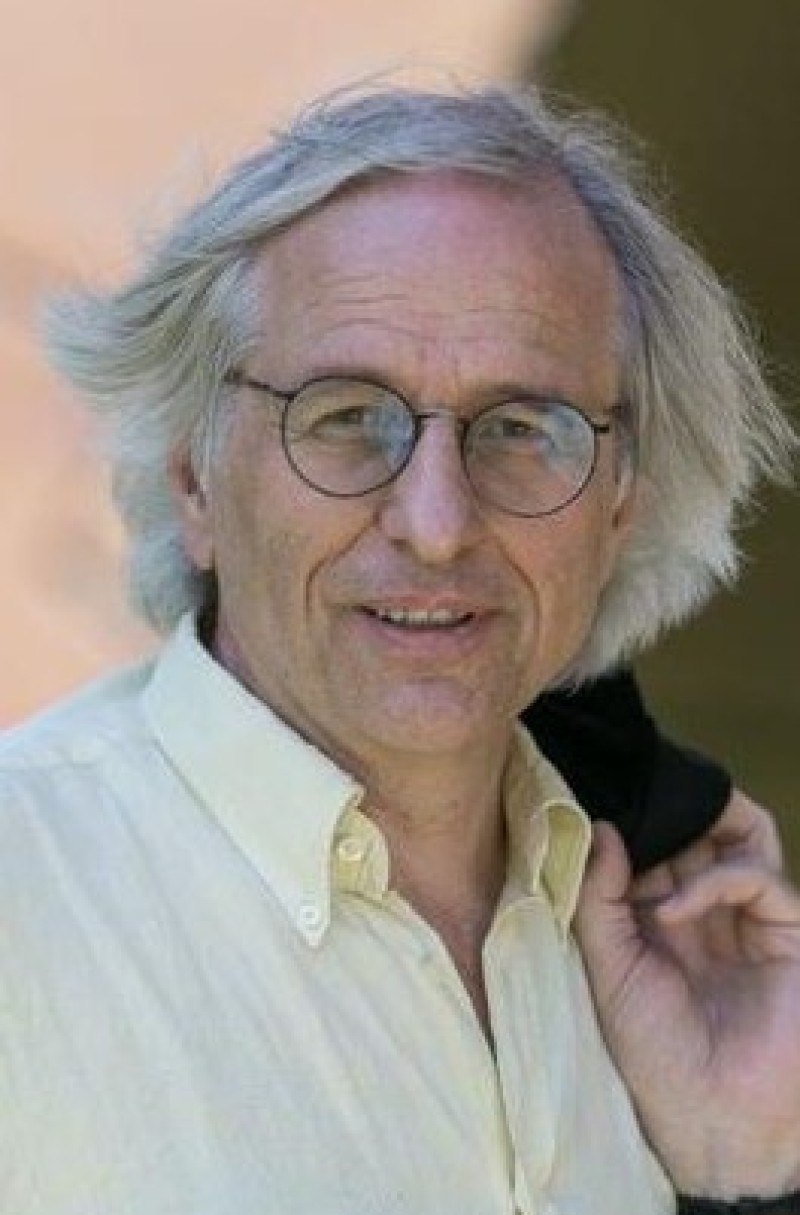Research and Scholarship
Jörg's research is in the field of Management and Organization Studies. He is currently Professor at Freie Universität Berlin
where he holds a Chair for Inter-firm Cooperation at the Department of Management. Like past recipients of the award, Jörg
has contributed enormously to organization studies research through his written scholarship, but also through building institutional
infrastructures for interdisciplinary research and knowledge transfer, and through his leadership in the scientific community.
I would like to describe only a few highlights of his notable career achievements.
Jörg has approached organization studies from a wide spectrum of ideas, including political science, public administration,
sociology, geography, organizations and management and even medicine. He is known among students as a professor viewing “business
administration as a social science”. His scholarship revolves mainly around inter-organizational relations and temporary organizations
in different contexts. In these fields he has advanced a unique perspective that is qualitatively oriented, time- and history-sensitive,
and practice-oriented. Theoretically, he is drawing on structuration theory, theories of organizational history, and path
dependence.
Since 1988, Jörg has published many research papers in journals including Organization Studies, Organization Science, AMR, and Research Policy, along with numerous professional reports, book chapters, and books. He has been recognized with several awards for his scholarship.
What are his main contributions?
First, his piece on the structuration of networks (with Arnold Windeler) discusses the issue of reflexive agency of participants in inter-firm networks and how
structures of signification, domination, and legitimation shape network processes.
In 2004, Jörg started working on temporary organizations, (with Lars Lindkvist and Robert DeFillippi). This major contribution has moved the conversation about projects and project
management forward.
Another highly influential piece on interorganizational networks offered an impressive review of the literature (with Keith Provan and Amy Fish) and received the Journal of Management Scholarly Impact Award.
Similarly, his groundbreaking theoretical piece on organizational path dependence published in the Academy of Management Review in 2009 (with Georg Schreyögg and Jochen Koch), received the AMR Decade Award. These and other publications were instrumental in advancing the idea that we should study inter-organizational
collaborations and temporary organizations from a relational and processual perspective in explaining their functioning and
effectiveness.

